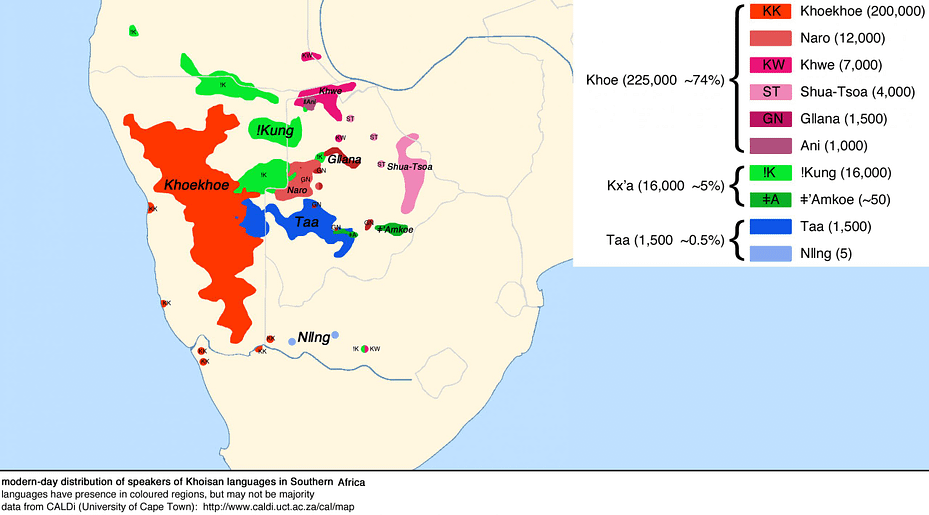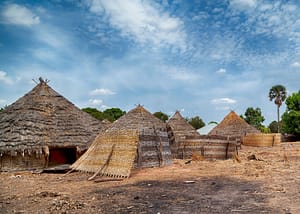Resource Africa and the San and Khoi South African Community: the fight for justice, recognition, and sustainability
We share a blog researched and based on an interview with RASA CEO Lesle Jansen by Incominbios’ staff writer Lianna Tosett
Resource Africa South Africa CEO Leslé Jansen has been an intrinsic player in aiding and centralising the struggles faced by the San and Khoi local communities onto the national and global agenda. She kindly agreed to an interview with Incomindios UK to allow for a greater insight into Resource Africa’s work and the challenges that face the San and Khoi peoples.
The San and Khoi community, also known as the Khoisan, ˈkɔɪsɑːn, or Khoe-Sān, are an Indigenous group located in African countries such as Namibia, South Africa, Botswana and other Southern African countries.
An ancient hunter gather and herder society, the Khoisan peoples are of Nomadic heritage and composed of a variety of splinter groups of various dialects and vibrant values. Despite their settler status in the first century, the Khoisan have faced numerous and threatening pressures to their autonomy and identity. Colonised by Dutch forces in the 19th Century, the San and Khoi peoples were further oppressed during the Apartheid Era.
Despite dwindling numbers, the Indigenous community is still active and fighting today for recognition of their culture.
In the interview conducted by Incomindios with Jansen, she contends that, with unprecedented times ahead with climate change, “there is no choice but to support Indigenous groups who are the front-line conservationists and pillars of biodiversity.”
She eloquently discusses how Indigenous groups are conserving the last of what’s left of the natural world. They therefore hold the knowledge that will help us globally navigate future challenges.
Resource Africa is committed to amplifying this struggle and in supporting their movement for recognition and rights.



